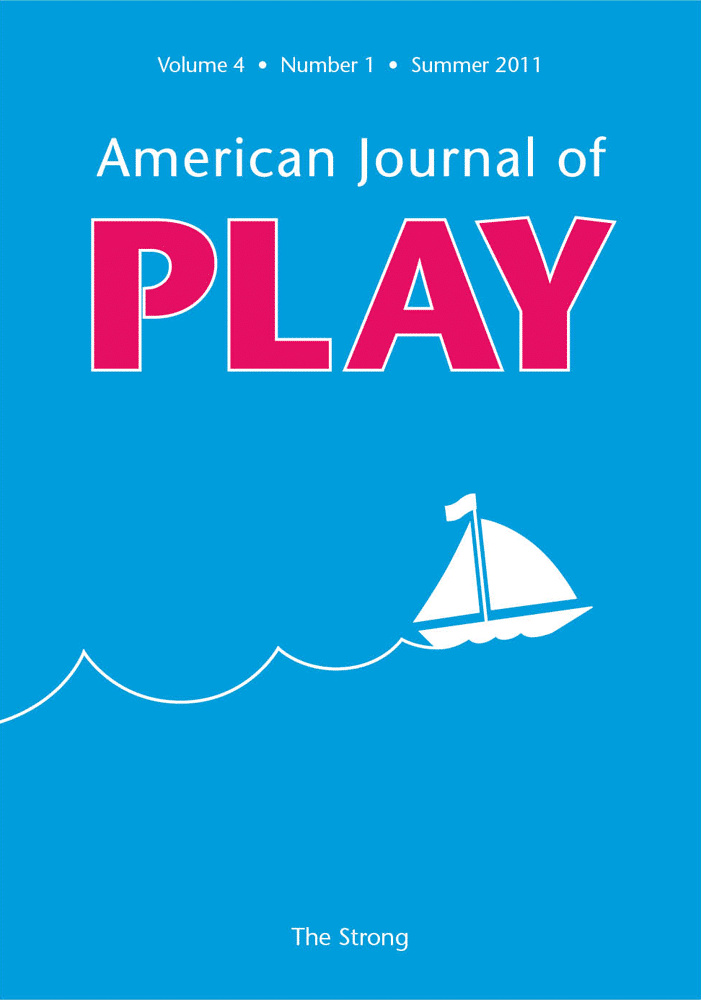Play and the Hundred Languages of Children: An Interview with Lella Gandini
A student of children’s folkways, Italian author and teacher Lella Gandini is best known in the United States as the leading advocate for the Reggio Emilia approach to early-childhood education, which emerged after the Second World War in Northern Italy—in the town that gives this approach its name. Gandini’s many publications in English and Italian include volumes on early-childhood education and Italian folklore, and she is coauthor or coeditor of such works as Insights and Inspirations from Reggio Emilia: Stories of Teachers and Children from North America; The Hundred Languages of Children: The Reggio Emilia Approach to Early Childhood Education; and Beautiful Stuff!: Learning with Found Materials. She holds a doctorate in education and has taught at the University of Massachusetts, Lesley College, and Smith College. In this interview, Gandini discusses how teachers and children in Reggio schools make thinking visible as they draw, sculpt, tell stories, construct theories, make maps, compose poetry, and explore their creativity in dramatic play. Key words: Alliance for Childhood; bedtime ritual; cantilene, Eric Carle; Bruno Ciari; filastrocche; Loris Malaguzzi; Don Milani; Montessori method; National Association for the Education of Young Children; Reggio Emilia





